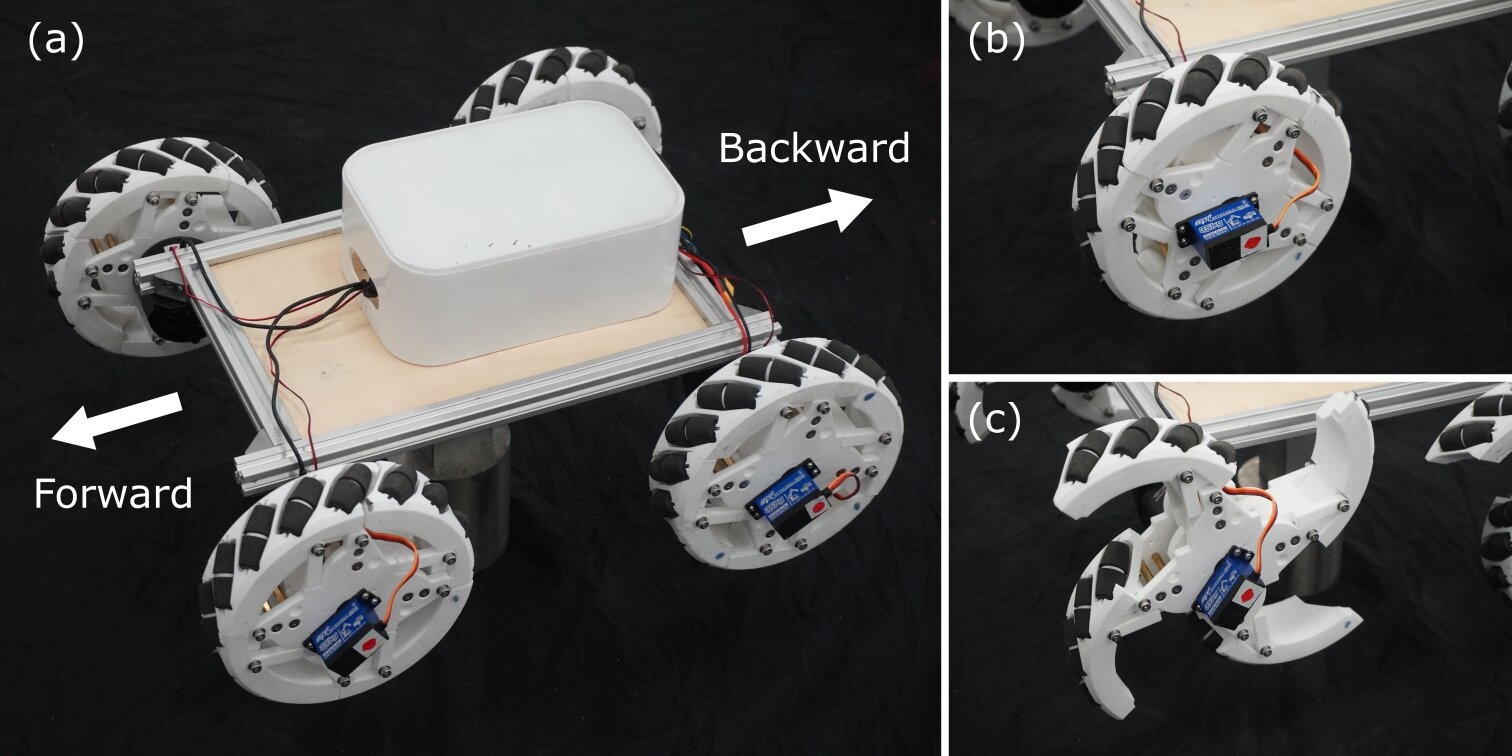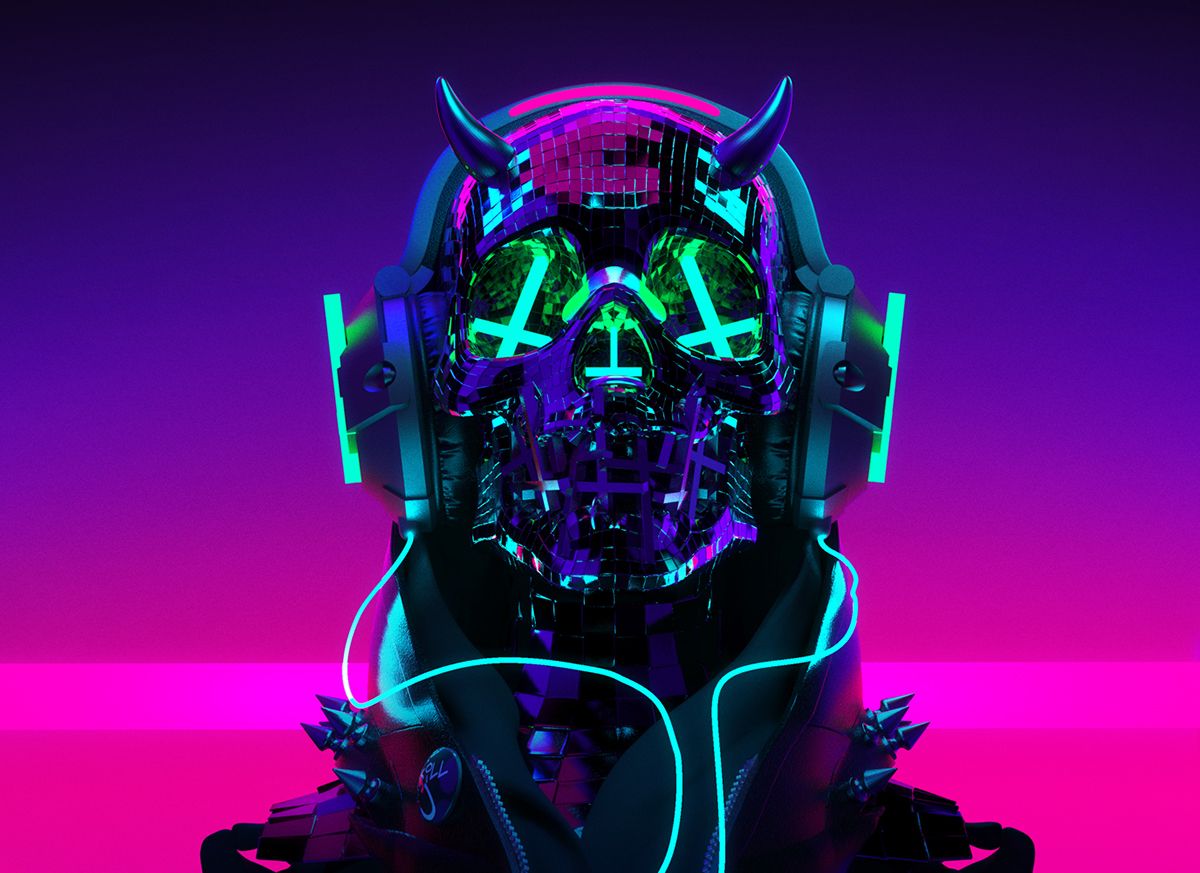Meet AiNex, a humanoid robot that walks, climbs stairs, picks up objects, and even plays ball – all while teaching people about artificial intelligence and robotics. This isn't a toy; it's a sophisticated learning platform designed to make AI education hands-on and exciting.
A Robot That Moves Like Humans
Standing on two legs with 24 joints throughout its aluminum body, AiNex can move in remarkably human-like ways. It can walk forward and backward, turn in tight circles, climb over obstacles, and even navigate stairs. The robot's special hip design lets it rotate its legs in multiple directions, giving it the flexibility to handle complex movements that would trip up simpler robots.
What makes this particularly impressive is the robot's self-balancing system. Using advanced mathematics called "inverse kinematics," AiNex calculates how to position each joint to maintain balance while moving – the same way humans unconsciously adjust their posture when walking on uneven ground.
Eyes That See and Understand
The robot's head houses a wide-angle camera with a 120-degree field of view – wider than human vision. This "eye" doesn't just record video; it actively recognizes and tracks objects using AI vision processing. AiNex can follow colored lines on the floor, track moving balls, recognize faces, and identify specific objects to pick up.
The camera can tilt and pan to look around, giving the robot a full view of its surroundings much like a person turning their head to look at something interesting.
Hands That Actually Work
Unlike many robots with fixed "hands," AiNex has functional fingers that can open and close to grasp small objects. The hands are smart enough to detect when they're blocked or encountering resistance, preventing damage from trying to close on something too large or solid.
This means the robot can actually pick things up, sort objects by color or shape, and even play simple games like basketball by shooting balls into targets.
Built for Learning
AiNex runs on a Raspberry Pi computer – the same affordable mini-computer used in schools worldwide to teach programming. The robot comes with complete source code and detailed tutorials, allowing students and hobbyists to understand exactly how it works and modify its behavior.
The robot is programmed in Python, one of the most popular and beginner-friendly programming languages. This makes it accessible to students who are just starting to learn about AI and robotics.
Real-World Applications
Beyond walking and picking things up, AiNex can perform surprisingly complex tasks:
- Line following: Navigate courses by following painted lines
- Object sorting: Identify and organize items by color or shape
- Face recognition: Identify and respond to specific people
- Obstacle navigation: Plan paths around furniture and barriers
- Interactive play: Engage in simple games and activities
Educational Impact
Traditional AI education often involves abstract concepts that can be hard to visualize. AiNex makes these ideas tangible – students can see how computer vision works when the robot tracks a ball, or understand balance algorithms by watching it recover from being gently pushed.
The robot's modular design means different components can be studied separately. Want to understand how walking works? Focus on the leg joints and balance system. Interested in computer vision? Dive into the camera and image processing software.
Looking Forward
As AI becomes increasingly important in everyday life, tools like AiNex help bridge the gap between theory and practice. Students who learn with hands-on robotics are better prepared to understand and work with AI systems in their future careers.
The robot represents a growing trend toward making advanced technology more accessible. By combining sophisticated AI capabilities with educational tools and detailed documentation, AiNex brings university-level robotics concepts within reach of high school students and curious adults.
While we don't have pricing information yet, educational robots like AiNex are becoming increasingly important as schools seek engaging ways to teach students about the AI-powered future they'll be working in.


















